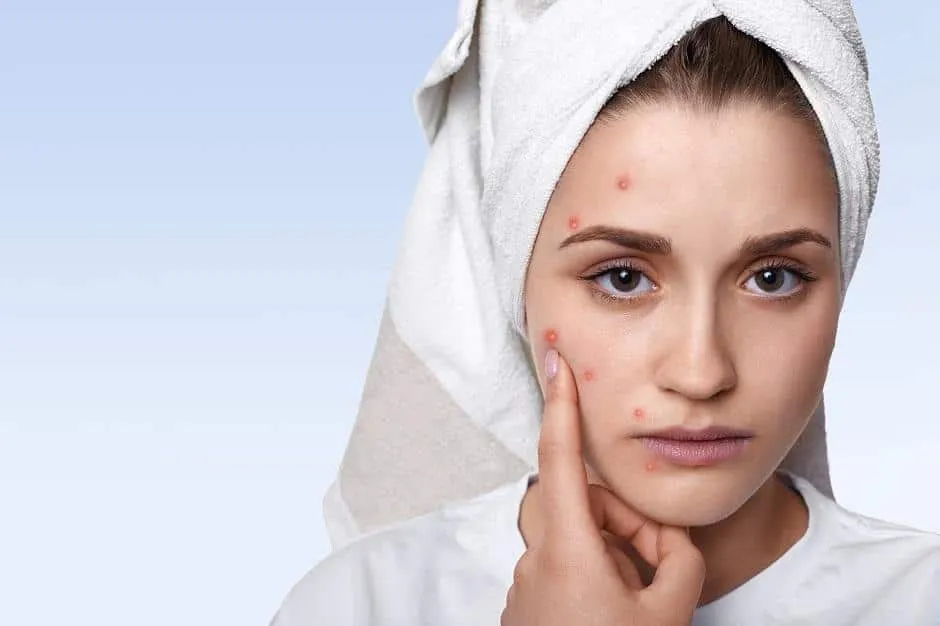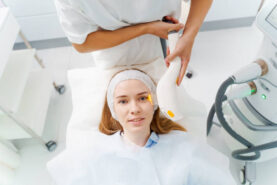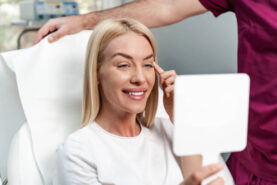We know how much you love trying home remedies to get rid of acne, but when it comes to treating acne, you should consult your dermatologist to find the best
We know how much you love trying home remedies to get rid of acne, but when it comes to treating acne, you should consult your dermatologist to find the best acne treatment for you. A dermatologist performs a skin examination and may ask if you are undergoing a stressful situation or if you have a family history of acne. Females might be asked about their menstrual cycles because irregularities are sometimes linked to acne. Sudden or severe acne outbreaks may indicate another underlying disease or condition that requires immediate medical condition. Thus, before you do anything to treat acne, you must see a dermatologist.
The Severity of Acne
Dermatologists rank acne based on how severe it is. Typically, they categorize acne into the following four categories:
- Grade 1 (mild)
- Grade 2 (moderate, also called pustular acne)
- Grade 3 (moderately severe, also called nodulocystic acne)
- Grade 4 (severe nodulocystic acne)
Grade 1 mostly refers to whiteheads and blackheads with a few papules and pustules. Grade 2 indicates multiple papules and pustules, commonly, on your face. Grade 3 includes several papules and pustules, and nodules that get inflamed occasionally. Lastly, Grade 4 means numerous large, painful, and inflamed pustules and nodules.
Different Types of Acne Treatment
Your dermatologist may recommend some non-prescription medications, depending on the severity of acne, the type of acne, your age, and how effective medications are on you. They may suggest prescription medications if previous medications are not that effective for your acne if needed.
Various therapies are also effective in acne treatment when they consider the underlying factors that contribute to your acne issues. Some doctors may suggest applying topical medications, such as Benzoyl peroxide, Salicylic acid, Azelaic acid, Retinoids, and antibiotics.
Apart from these, you may also treat your acne through specialized therapies, which include:
- Laser treatment for acne – At present, lasers are widely popular for treating acne scars. A laser heats the scarred collagen present underneath the skin and promotes healing to create new, healthy collagen. As a result, new skin replaces the scarred skin at a faster rate.
- Chemical peels – This treatment uses special chemicals to help you get rid of the top skin layer that is scarred by acne. New skin grows in place of the old one, and thus, can help reduce scars.
- Photodynamic therapy – It is a form of light therapy that uses medications, generally called photosensitizers, to help boost the activity of light-based skin treatment. It is recommended for people that don’t respond to other acne treatments.
- Extraction surgery – Also known as acne surgery, extraction surgery involves the process of removing the stuff that clogs your pores and cause blackheads, whiteheads, milia, and pustules. The treatment is suggested for teens and adults who have mild to moderate acne.
By combining one or more acne treatments, you can get more beneficial results and maintain healthy, acne-free skin for a long time. So, if you also have skin, stop thinking that it will go away by just washing your face frequently. Talk to your dermatologist and find out which acne treatment can work best for you.




